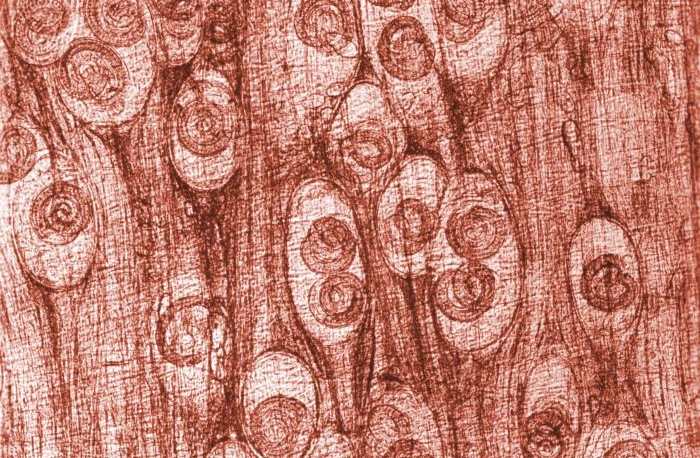Hi, I’m Jane. And I’m Robyn. We’re public health nerds with one very important thing in common: we’re passionate about vaccines.
In the public health world, vaccines might not be sexy. They don’t draw as much attention as, say, Ebola virus or a cure for AIDS. But they do play a critical role in maintaining public health and controlling infectious disease. They are the cornerstone of a healthy population and one of the greatest health achievements to date.
They’ve also become a victim of their own success. Because of vaccines, much of the world no longer sees once-devastating diseases like smallpox or polio, and some people are starting to question the need for vaccines. The lack of headlines, however, doesn’t make them any less important.
Immunization is still a relevant and exciting field thanks to new and improved vaccines. New technologies have made them safer than ever before, and we are now able to protect against 28 diseases. The HPV vaccine, for example, can protect young people from a host of cancers, such as cervical, anal, penile and even head and neck cancers. Think about that: we have a vaccine against cancer! Researchers may be closing in on a vaccine against malaria, too — one of the most prevalent diseases in the world.
There is considerable optimism around vaccines in the scientific community; what frustrates us as public health professionals is that many of the current challenges in immunization are not scientific but political. There’s an abundance of myths, misinformation, and outright conspiracy theories on the internet and the airwaves, and it’s confusing for a lot of people, especially parents who are trying to figure out what vaccines to receive or to give their children.
What we’d like to do with this column is help interpret some of the science, talk to experts, find vaccine success stories, and ultimately share our enthusiasm for immunization with others. We also want to be upfront about the true risks of vaccination and any safety issues that may come up in published research. We understand that, ultimately, people just want what’s best for their own health and the health of their loved ones. And we’d like to help you sort through the fact and the fiction regarding vaccines.
This column will appear on the Disease Daily on the first Monday of the month. Some months, we’ll co-author the piece, sometimes it may be one or the other. We’re excited to see how the column evolves, and we hope you find it interesting and useful too.
—
Jane manages the Vaccine Finder project at Health Map, the host site of the Disease Daily. Robyn is contributing writer for the Disease Daily and works as a health educator for a non-profit focused on vaccine education. Both are fully up-to-date on their immunizations.

